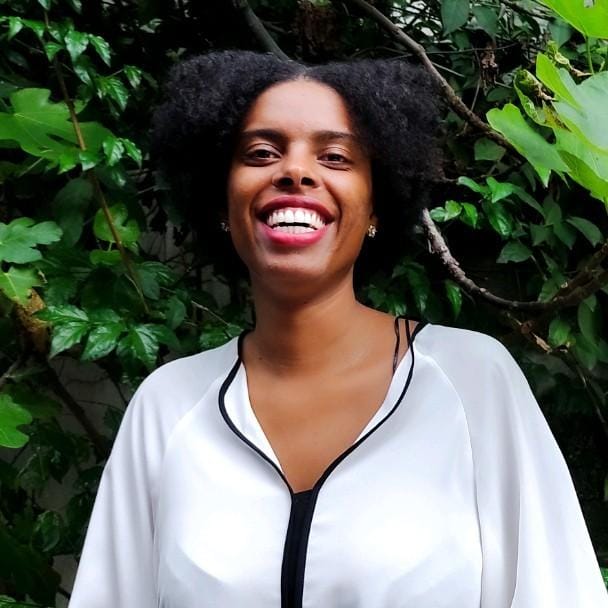Matheus Ribeiro episodes of everyday racism experienced by black men
- Monique Prado

- 15 de jun. de 2021
- 3 min de leitura
Article 5 of the Brazilian Federal Constitution in item XV of the right to come and go as follows: "it is free to move within the national territory in times of peace, and any person may, under the terms of the law, enter, stay or leave it with your goods".
This is an important constitutional provision against the discretion of the State or any threats that interfere with the individual's right to move freely. But when the person is black, is freedom still guaranteed?
Last Saturday, the 12th, Matheus Ribeiro, from Rio de Janeiro, a young black surf instructor, suffered an episode of racism while waiting for his girlfriend in front of the Leblon shopping with his electric bicycle. The young man wrote on social networks that the white couple had accused that the bike that Matheus was carrying had been stolen from the girl.
According to Matheus, the couple incisively accused him of the crime: 'You took that bike from there now, didn't you?', 'This bike is mine,' replied the young woman".
Matheus said that the couple only left him alone when the white boy, without authorization, tried to open the bike's lock and realized that it didn't match, which proved Matheus's immediate innocence.
We cannot disregard the context, because there is clearly a gender, race and class dimension: what would a young black man be doing riding an expensive bicycle in the South Zone of Rio?
This place that Matheus is in the social imagination as a suspect, criminal, bandit and/or outlaw is the same place that authorized in 2019 the tragic 80 shots fired by the Brazilian army against a car driven by Evaldo dos Santos Rosa, a black man, father and musician, whose officers' argument "they made a mistake confusing him as criminal".
Another episode of “confusion” was that of Matheus Fernandes last year, also in Rio, where the young man was attacked by security guards after being approached as a suspect at the Renner store at Shopping Ilha Plaza, Ilha do Governador, where he was just changing a watch for the Father's Day, but was treated like a bad boy.
These episodes are similar to each other, as they happen in the daily lives of black men who, even having an identity document, proving to be workers and/or economically consumers, they are treated violently, often with restricted access to things, assets and places in the economiclly perspective, always in an attempt to exclude them from social life.
In the psychic dimension, researchers on race and psychology, alert to the emotional effects of this constant stage of fear that black men experience in their daily lives. In the psychic dimension, researchers on race and psychology, alert to the emotional effects of this constant stage of fear that black men experience in their daily lives. Surveillance state is common; the feeling of short life; the exaggerated response to the problems and difficulties in sleeping, due to the humiliation experienced.
I watch closely these violences in the daily life of my own brother who, being a suburban boy, lives this fear of death, often having guns pointed at his head when approached by the police. Before the pandemic my brother had a barbershop and he used to leave home early in the morning. He usually suffered humiliation on approaches because cops abruptly took everything out of his backpack in an attempt to find some drugs, which they never did by the way.
They didn't hesitate to throw everything on the floor, including the lunch box that our mother prepared with all her love. The autonomy of coming and going is also restricted whenever you try to order an uber, as the driver cancels when he realizes he is a black man. The most serious thing I could witness was when they broke into my house at 3 am, putting a rifle after my brother was coming back from his girlfriend's house.
These are everyday episodes that worry parents who are heartbroken for not being sure that their children will return home and also afflict the boys and black men who are on the street because there is no security if that day will be their last day of life.
More than ever I get it why my brother looks my mother in the eye saying “I love you” every single time he left home, even if he only goes to the market. In the State where “coming and going” is a privilege and not a right, it is essential to find strategies to stay alive.






Comentários